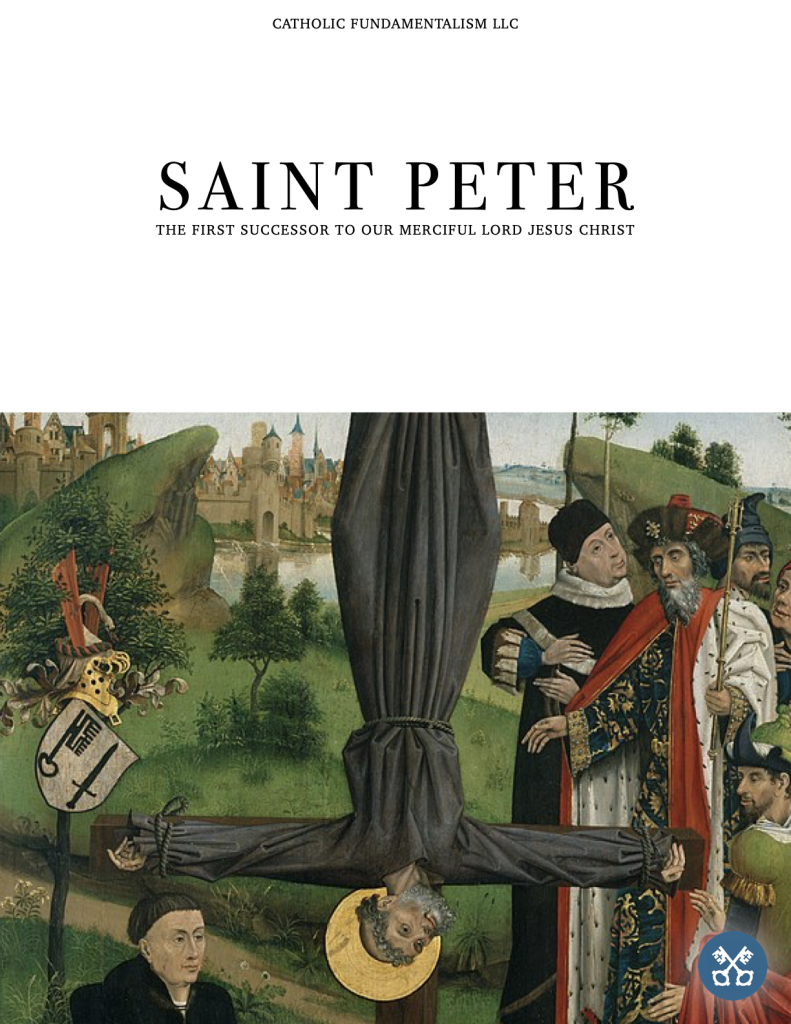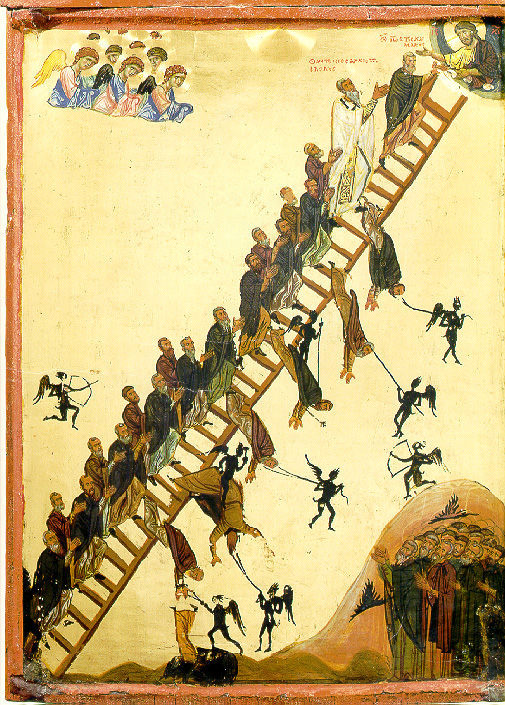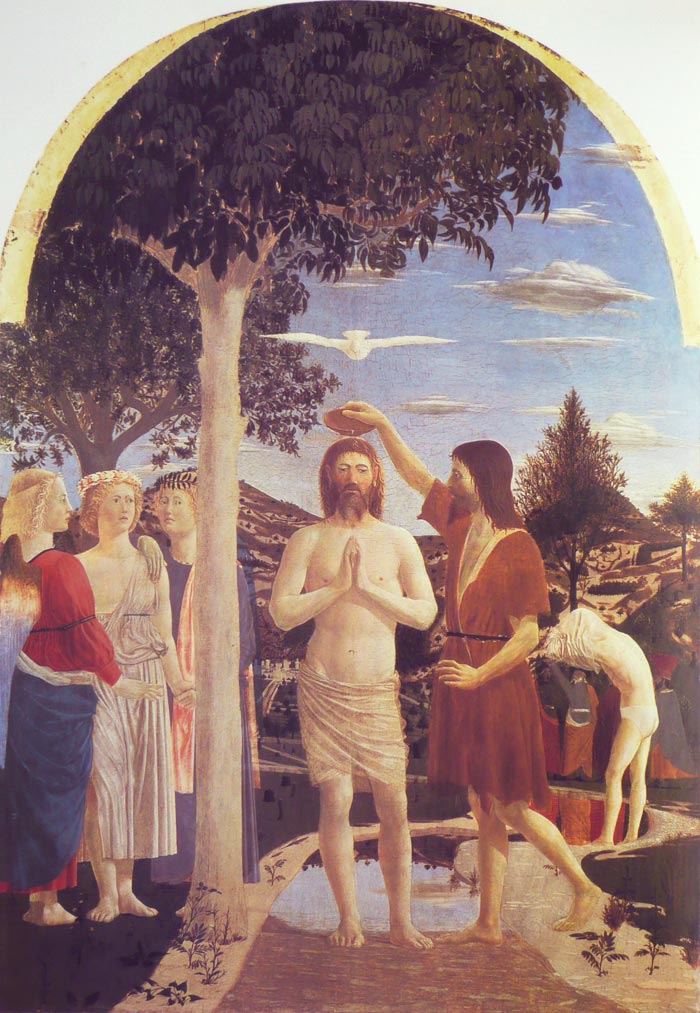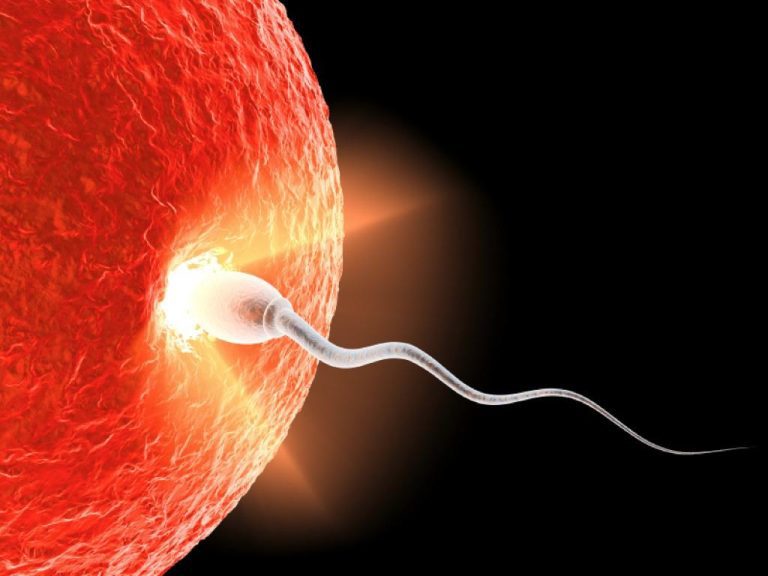We all like to see patterns in things. It makes us smarter by helping our brains work better.
Considering an odd Protestant pattern lets us see something that our friends and neighbors may have overlooked. We should care enough to tell them about an odd Protestant pattern.
Freely choosing to receive Catholic Communion is the only way anyone can heed John 6:53 “If you do not eat My Body and drink My Blood you do not have life in you.” It may take awhile for Protestants to understand that fully enough to act upon it, but many do.
We may help by pointing out an odd Protestant pattern: Many of the men who founded Protestant denominations did not believe in free will. They believed that God had already decided who would get into Heaven. Many inventors of Protestant groups did not believe that our own efforts have any effect on whether or not we get into Heaven.
Mohammed was among the earliest and most successful Protestant leaders. “Kismet”, the overwhelming power of fate, is an important part of his religion. Luther believed in predestination. So did Zwingli. Calvin also believed that our eternal fate was predestined. It is an odd Protestant pattern that predestination becomes a cornerstone of many denominations outside The Only Church Jesus Founded.
The Catholic Church believes that each person is free to save, or to lose, their soul. Interestingly, most of the Protestants whom we know actually do believe in free will. They take responsibility for their choices. Predestination seems to be an intellectual disorder primarily afflicting the inventors of denominations. That, too, is an odd Protestant pattern.
So, an odd Protestant pattern is twofold: The inventors of Protestant schisms tend to believe in predestination. Their later followers have enough sense to recognize that they must choose to avoid sin to be pleasing to God.
Why is there such an odd Protestant pattern among founders? This is why, and it is important to understand: Those who did not believe people could make meaningful moral choices separated them from Catholic Communion, the only way any of us can directly obtain that which Jesus said we needed to be alive. Again, John 6:53 is as clear as it’s possible to be: “If you do not eat My Body and drink My Blood you do not have life in you.”
The guilt they must feel for keeping so many followers from thinking they had the ability to choose life, itself, in the Catholic Mass, each a re-presentation of Christ’s sacrifice, drives them want to avoid responsibility for the awful punishment that awaits those who lead others astray. To fool themselves into thinking they can still get to Heaven, they must say, “Even if I was wrong, my thoughts, words, and teachings were predestined by God. He is so much greater than I is cannot be my fault, but His that I have sinned so greatly. If people who followed me kept themselves from salvation by following my instructions, that is also God’s fault.”
That method of avoiding guilt is a self-serving deception. It is also an odd Protestant pattern.





